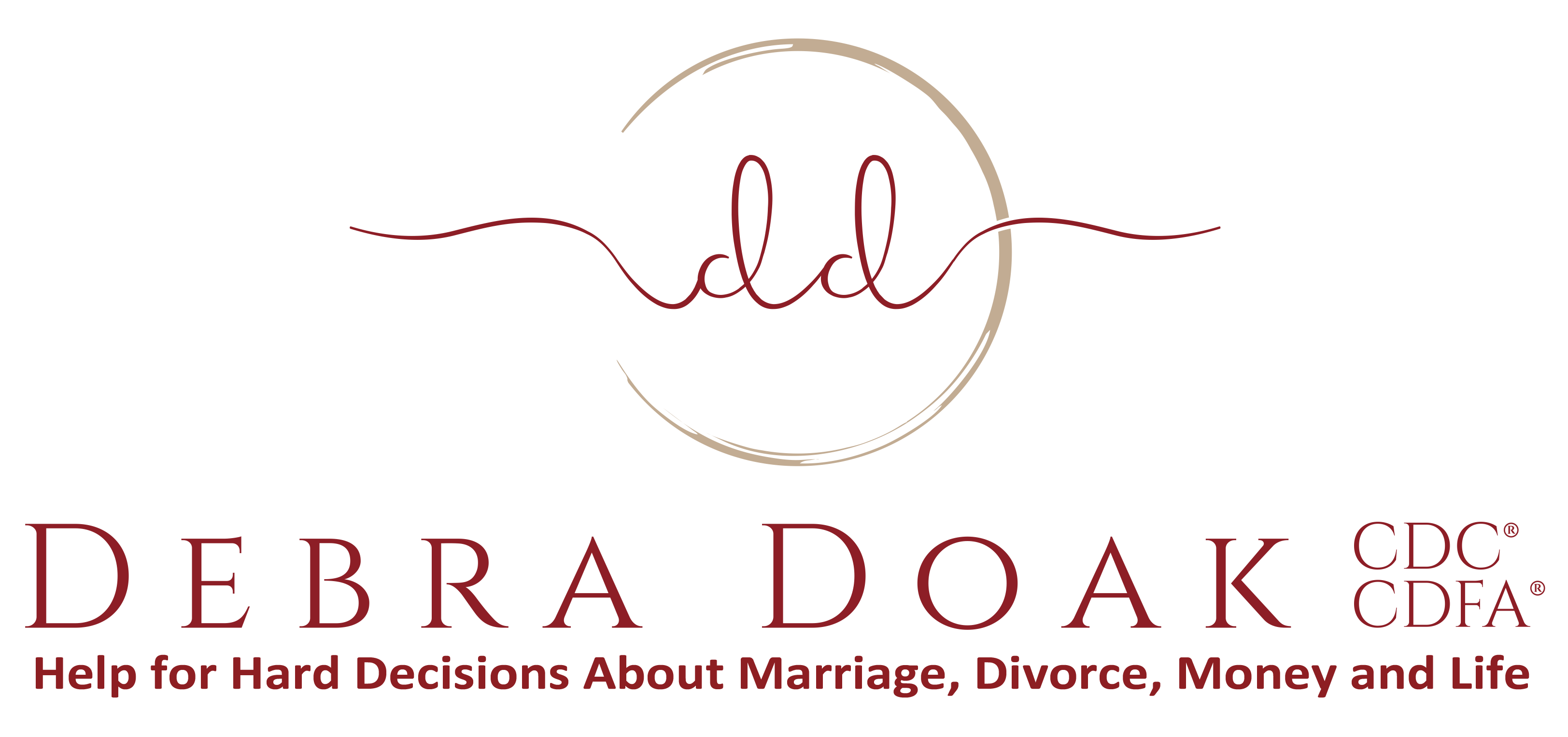
Why Being a People-Pleasing Doormat Won’t Save Your Relationship
Trying to please your partner will make your relationship better. It seems like solid logic. And if things aren’t going well, then don’t rock the boat, make them unhappy, or poke at that beehive. But being a people-pleasing doormat – that constantly giving in, backing down or tip-toeing around to avoid problems – can actually backfire and make your relationship less tolerable over time.
I know. It seems counter-intuitive. Failing to speak up for your own needs and making someone else’s comfort and happiness more important than your own will set you up to be taken advantage of – and then you’ll even be the one who feels bad about it. Yuck.
Isn’t People-Pleasing Just Being Nice?
Being nice is a great thing, right? Well yes, unless you’re doing it to be liked or win approval rather than because you genuinely want to. I’m not always a huge fan of the co-dependent label (that’s a lecture for another day), but we can learn a lot from that literature about the damage being too much of a people-pleaser can do to intimate relationships.
In an article for HuffPost, Marcia Sirota says:
“Kindness emerges from someone who’s confident, compassionate and comfortable with themselves. A kind person is loving and giving out of the goodness of their heart. At the root of extreme niceness, however, are feelings of inadequacy and the need to get approval and validation from others.”
So, that’s the big difference in terms of the effect on your marriage or relationship – are you being “nice” because it makes you happy to please the other person or because you need something from the exchange?
Here are just three ways that being a people-pleaser can sabotage your relationship.
Negative Emotions Always Come Out Some Way
Saying yes when you mean no, stuffing your feelings, or letting your partner run over you doesn’t feel good no matter how much you try to convince yourself that it’s fine. Whether you admit it or not, the feelings that you’re not acknowledging will sneak out. Ever meet someone who doesn’t speak up at the time, but then blows up later over something small and unrelated? Or are you familiar with the classic passive-aggressive way of expressing feelings in an indirect way – smile and say yes to their face, but sabotage the process. And just venting to someone else doesn’t help either – read more here.
At some point, all this unhealthy and indirect expression will take its toll. Resentment, anxiety, depression, anger, guilt, low self-esteem, physical pain and more can be manifestations of not living an authentic life. You can turn the other cheek or take one for the team a time or two, but rare is the person who is so selfless they can do that forever without mental or physical repercussions. People-pleasing can make you sick.
Users Will Recognize a Good Target
Entitled folks are very skilled at seeking out partners and friends that have the characteristics that make them easy to manipulate and control. When we lack boundaries, self-esteem or the ability to speak up and stand up, that’s like a flashing neon sign to manipulators. Like a lion tracking its dinner, their senses are attuned for signs of this. They may even run you through a few tests early in the relationship to see how compliant you are likely to be.
When you’re too nice and too accommodating at the beginning of a relationship, you’re broadcasting the signal that you won’t put yourself first and to an abuser, that smells irresistible – like freshly baked chocolate chip cookies. Am I saying it’s your fault someone is abusing or taking advantage of you? Absolutely not. However, I am telling you it is your responsibility to take care of yourself and not allow it. Get the support you need so you no longer smell like a victim, but instead, you scare off potential users – like your own personal version of skunk spray or porcupine quills.
Hiding Yourself Fuels Loneliness
People-pleasing means keeping your true self hidden. Pastor Steven Furtick calls this “sending your representative” – showing people what you think they want to see instead of who you really are. When you’re afraid to tell others what you like, what you don’t like and how you feel, you prevent yourself from experiencing true intimacy.
Human beings were created to live in community and desire connection. Keeping the real you a secret doesn’t give others the chance to know and love you. And that can leave you feeling unknown and lonely.
To be loved but not known is comforting but superficial. To be known and not loved is our greatest fear. But to be fully known and truly loved is, well, a lot like being loved by God. It is what we need more than anything. —Tim Keller
We were designed to love and be loved and anything less will leave us feeling alone and wanting. When you’re “nice” at the expense of your true self, you make being fully known and loved an impossibility.
The Cure for People-Pleasing
Listen, as women we’ve been conned into believing that being “nice” means not speaking up for what we want and what we need. That is total BS!
Assertiveness + Boundaries = Being Nice
Being “nice” means taking care of yourself in a way that doesn’t hurt or disrespect others. It is being assertive rather than passive or aggressive, communicating from a place of mutual respect, and believing that you are just as worthy of having your needs met as the other person is.
There is a way to do both: Be nice AND stand in your own worthiness. And I’ll let you in on a secret…people will respect you more and treat you better when you stand up for yourself in a healthy way.
Good assertive communication and healthy boundaries are the lifeblood of close relationships. Without boundaries, you run the risk of not knowing where they end and you begin – and strong relationships are between two individuals. Without straightforward communication, you will never be known, your relationship will remain surface level, and you’ll be lonely.
Devote some time to learning or improving these skills. The impact they will have on your relationships and your self-esteem will be life-changing. The impact of going from people-pleasing to worthiness is incredible.

Want to stop people pleasing so you can speak up and say what you mean? Let’s hop on a complimentary consult call and talk about working together to get your voice back.
Wishing you strength and wisdom,




